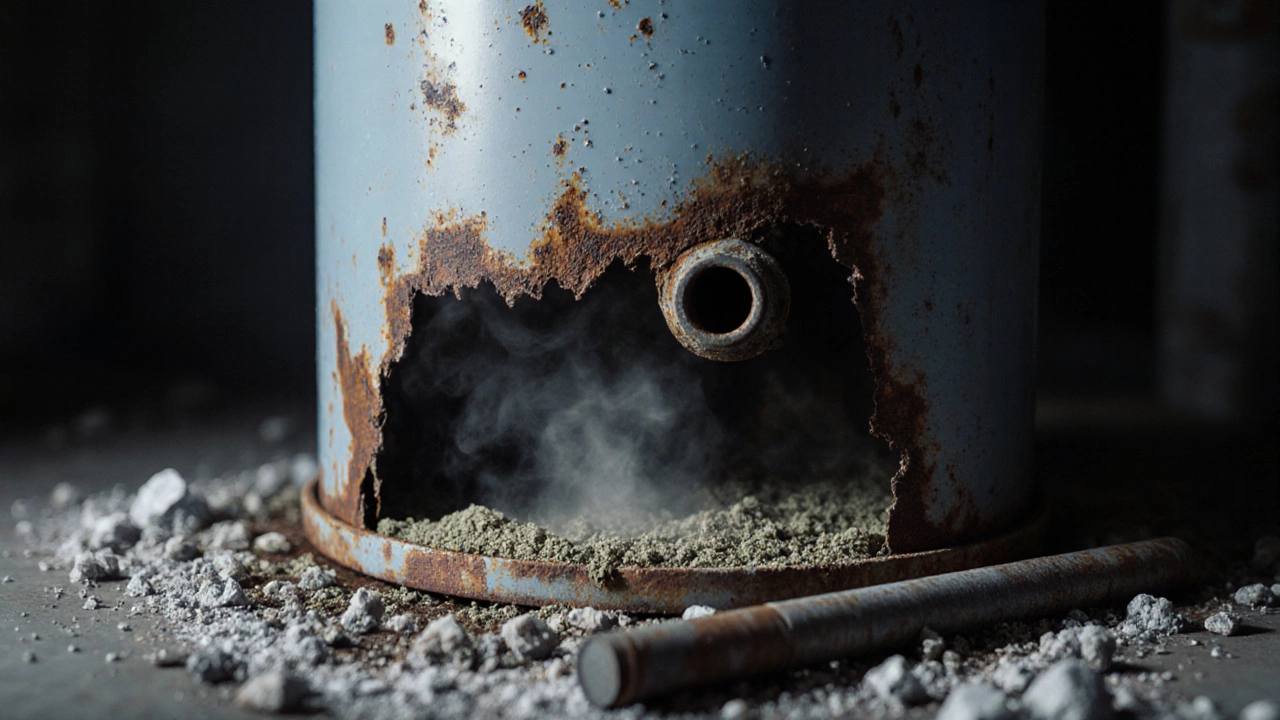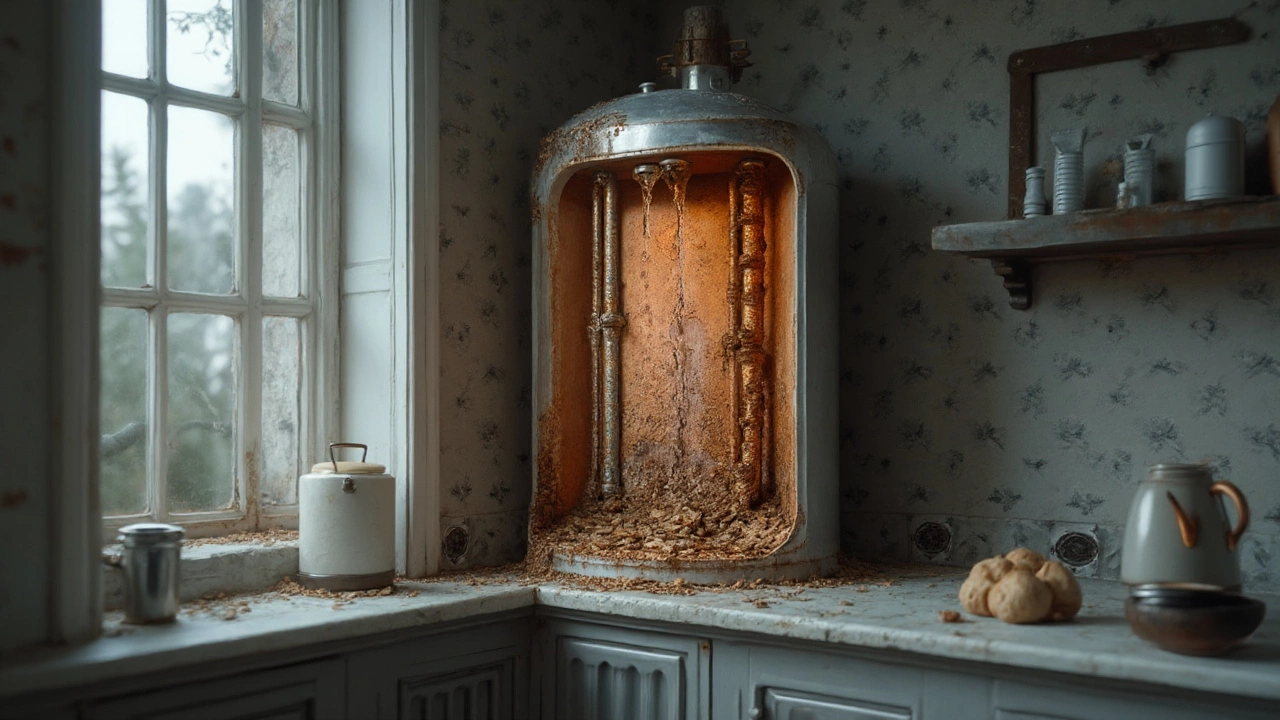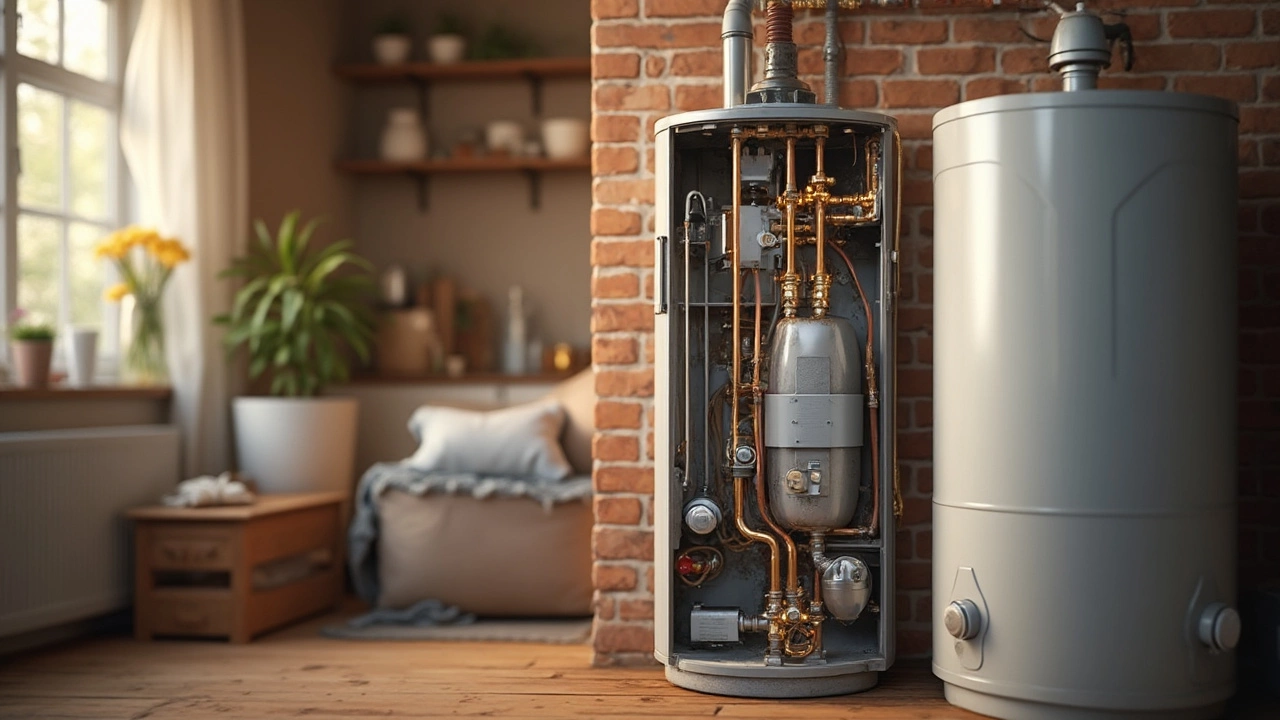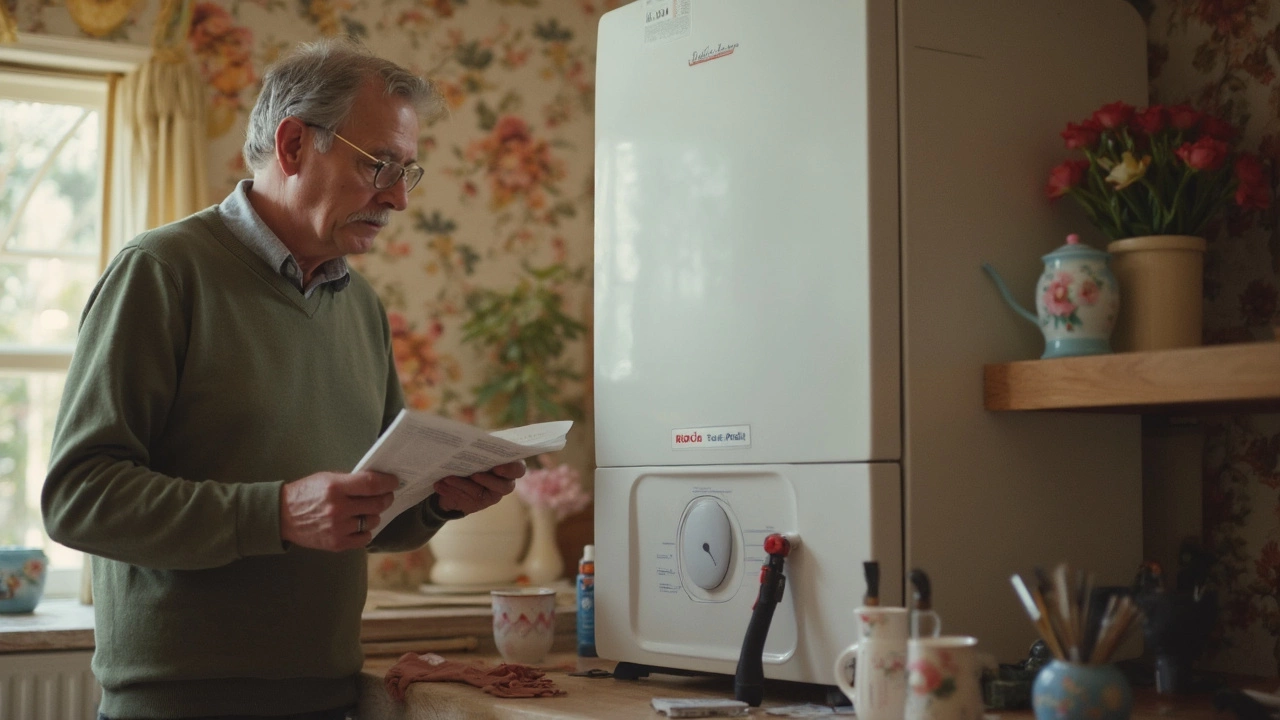Water Heater Failure: Common Causes & Simple Fixes
If your shower feels like an ice bath or the heater keeps turning off, you’re probably dealing with a water heater failure. It’s annoying, but most problems have a quick fix if you know what to look for. Below we break down the typical culprits and give you practical steps to get hot water back without waiting for a technician.
First, check the power supply. A tripped breaker or blown fuse is the simplest reason a heater won’t work. Reset the breaker or replace the fuse, then see if the unit powers up. If the heater still stays cold, the issue is likely deeper in the system.
Why Your Heater Keeps Resetting
Many homeowners notice a heater that will heat water for a few minutes, then shut off and need a reset button press. This usually points to an overheating protection switch kicking in. The switch fires when the thermostat senses too much heat, which can happen for three main reasons:
- Dirty or faulty heating element. Scale buildup from hard water reduces efficiency, making the element work harder and overheat.
- Improper water flow. A clogged inlet valve or a partially closed valve limits water entering the tank, causing the element to overheat.
- Electrical issues. Loose wires or a failing thermostat can send false temperature readings, triggering the safety switch.
To stop the constant resets, turn off power, drain the tank, and inspect the element for corrosion. A quick soak in vinegar can dissolve light scale, but a heavily corroded element will need replacement. While the tank is empty, verify that the inlet valve is fully open and clear of debris.
Preventing Future Failures
Keeping your water heater healthy is cheaper than calling a repair service every few months. Here are three easy habits:
- Flush the tank once a year. Pull the drain plug, let the water run, and let any sediment settle out. This stops scale from building up on the heating element.
- Check the temperature setting. Set the thermostat to 120°F (49°C). Higher temperatures waste energy and increase the chance of overheating.
- Test the pressure relief valve. Lift the lever occasionally. Water should flow out briefly and then stop. A stuck valve can cause pressure spikes and damage the tank.
If you do notice a leak, strange noises, or a sudden drop in hot water supply, it’s best to call a pro. Leaks often mean the tank’s interior has corroded, which can’t be fixed with DIY tricks. A qualified technician can assess whether a repair is worth it or if a full replacement makes more sense.
In short, most water heater failures stem from simple maintenance issues: power problems, overheating protection, or sediment buildup. By checking the breaker, flushing the tank annually, and keeping an eye on flow and temperature, you’ll avoid the dreaded reset cycle and enjoy steady hot water. When the problem goes beyond these basics, trust a local expert to diagnose and fix the issue safely.

Why Do Water Heaters Fail So Quickly? Common Causes and How to Avoid Them
Water heaters often fail early due to hard water, sediment buildup, and neglected maintenance. Learn the real reasons behind premature failure and how to extend your heater's life with simple, proven steps.

The #1 Cause of Water Heater Failure and How to Prevent It
The most common cause of water heater failure is internal tank corrosion from a depleted anode and sediment. Learn signs, prevention, and repair-vs-replace tips.

Common Water Heater Failures: Where Most Problems Start & How to Prevent Them
Wondering where your water heater is most likely to break? Discover the most common failure points, key causes, and expert tips for lasting hot water.

What Usually Fails on a Water Heater? Top Issues, Simple Fixes
Wondering why your water heater stops working? This article breaks down the most common things that go wrong, from heating elements to thermostats, and explains what causes these issues. You’ll learn how to spot signs of trouble before you’re left with a cold shower. I’ll also share practical tips to help you keep your water heater running longer. Easy language, real-life advice, and a few tricks from my own toolbox.